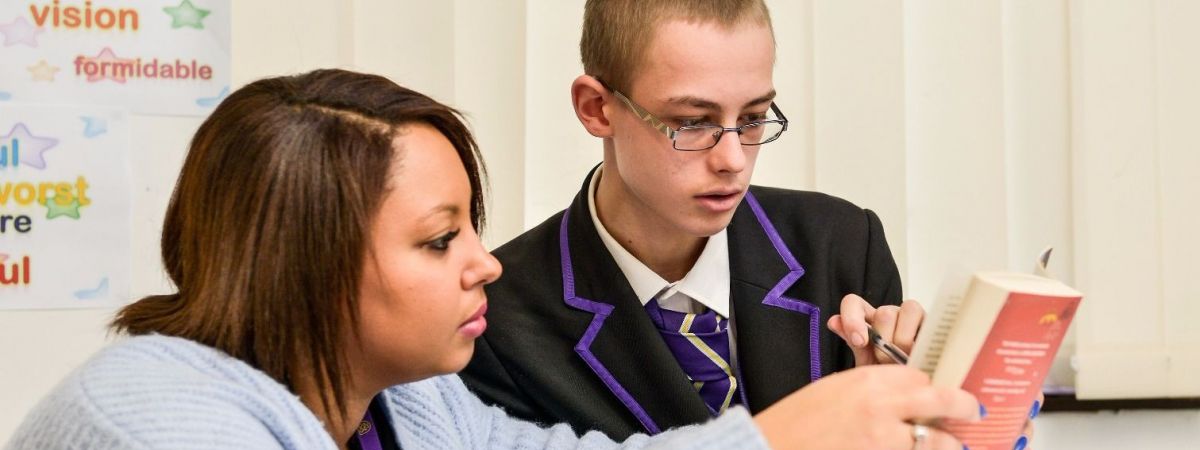Making the right A-Level subject choices
Barnaby Lenon is a highly-respected education professional. He helped to set up the London Academy of Excellence free school, and is a Board Member of the exam regulator Ofqual and a Trustee of the New Schools Network. He was previously the Headmaster of Harrow School. This is the second in a three part series that helps parents to understand how they can best navigate the school system. The first part is here.
There are many types of course available after a child has taken GCSEs. For the more academic 50% this will be A-levels. To maximise the chances of going to a good university, it is important to choose the right subjects. Here are some tips for making sure that the right decisions are made.
It is completely normal and correct for a student to choose the three or four A-level subjects that most interest them and which they feel most confident about. However, this is not quite the end of the story.
When you are thinking about which A-levels your child might take at school, always insist on seeing a grid which shows the number of pupils who got each grade in each subject in the previous year at your school or college of choice. This will show which subjects are popular and successful. This data is rarely published by schools but you can ask for it. Remember, schools with higher entry requirements for the sixth form should be expected to get better results.
However, because a subject might only be popular with weak students, it is not enough to look at the raw results. If you ask, most schools will also be able to give you the value-added score for each subject, which tells you how well the pupils did compared to other similar pupils in the country as a whole. Again, such data is rarely published by schools.
If you expect your child to go to a good university, some subjects may be more useful than others. The Russell Group of 24 leading universities produces a guide for schools in which they state that some A-level subjects are more useful than others if you want to keep your options open in terms of admission to Russell Group universities. These “facilitating subjects” are Maths, Further Maths, Physics, Chemistry, Biology, modern and ancient languages, English Literature, Geography, History, Philosophy and Ethics. This is not a comprehensive list, and some other subjects (e.g. Economics) should be on there, but it is a good starting point.
This is not to say that subjects like Art and Business are not valuable. Art would support an application to read architecture at university for example. But if your child might want to apply for a top university to read a science subject, then he/she should study at least two of, and probably three of, chemistry, physics, biology and maths. It is not a criticism of a school if vast numbers do Psychology A-level, for example, but Psychology does not lead to science courses at top universities.
Sometimes Year 11 pupils are attracted by A-level subjects simply because they are new and they have not studied them previously. Do not allow your child to be too seduced by the attractions of something which may be a complete unknown.
You should also bear in mind that some A-level subjects are harder than others. A child should not normally embark on Maths, Physics, Chemistry, Biology or a modern language unless they have a very good GCSE grade.
The views expressed here do not necessarily reflect those of PTE or its employees.
